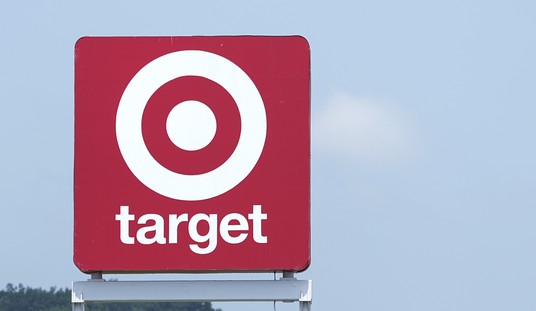No surprise, since most of us understood that the thirst for “more revenue” was akin to Tim Allen’s “more power” in his Home Improvement series … and about as effectual at solving problems, too. The Hill’s Alexander Bolton rounds up comments from House and Senate Democrats on their goals in the upcoming fiscal-cliff fights, and finds them stressing “balance” between tax hikes and spending cuts. Of course, the tax hikes of last week aren’t included in the equation:
Democrats say they want to raise as much as $1 trillion in new revenues through tax reform later this year to balance Republican demands to slash mandatory spending.
Democratic leaders have had little time to craft a new position for their party since passing a tax deal Tuesday that will raise $620 billion in revenue over the next ten years.
The emerging consensus, however, is that the next installment of deficit reduction should reach $2 trillion and about half of it should come from higher taxes.
This follows the White House talking points in advance of the next round of negotiations:
The White House also supports a 1:1 ratio of spending cuts to tax increases as Congress seeks to finish the fiscal work left unresolved by the recently completed 112th Congress.
White House officials point to last week’s fiscal-cliff agreement to “buy down” the sequester for two months. The deal delayed the implementation of automatic across-the-board spending cuts to domestic and defense programs and paid for it with $12 billion in revenues and $12 billion in spending cuts — evenly divided between defense and non-defense spending.
Administration officials view that as a template for future deficit-reduction agreements.
This is a good initial bargaining position, but not much more. Democrats spent the last several years arguing that the deficit problem originated in the Bush tax-rate reductions for high-income earners, which they successfully reversed last week. The first results of their victory got felt by American workers across the board in their paychecks, and at least anecdotally, they’re none too pleased by the reductions they see in their cash flow. They won’t be especially anxious to go for another round of “balance” that doesn’t address the skyrocketing spending in Washington first.
This time, Republicans have more leverage, or at least less baggage. The GOP is no longer in the position of having to defend the status quo for high-income earners, and now can fight without that hand tied behind their back. They can point to the pain workers across the board felt last week and ask voters whether it should be them that has to pony up, or politicians and bureaucrats in the next two rounds. In this case, the anecdotes of out-of-control spending work for the GOP rather than Buffettesque anecdotes working against them, at least until the specific cuts have to go on the table.
That, of course, is the key problem for both parties, and the biggest obstacle to entitlement reform. Any plan to put those programs on a stable financial footing necessarily means cutting benefits and excluding beneficiaries, whether on a means test, age, or other basis. If it didn’t, it wouldn’t save the money necessary to eliminate deficits and unfunded liabilities. It’s a lot easier to pretend the problem doesn’t exist or can be solved without any personal pain at all … which is why redistributionism gets so much popularity in the first place, and why Democrats want to confiscate more capital rather than solving what is clearly a spending problem.








Join the conversation as a VIP Member